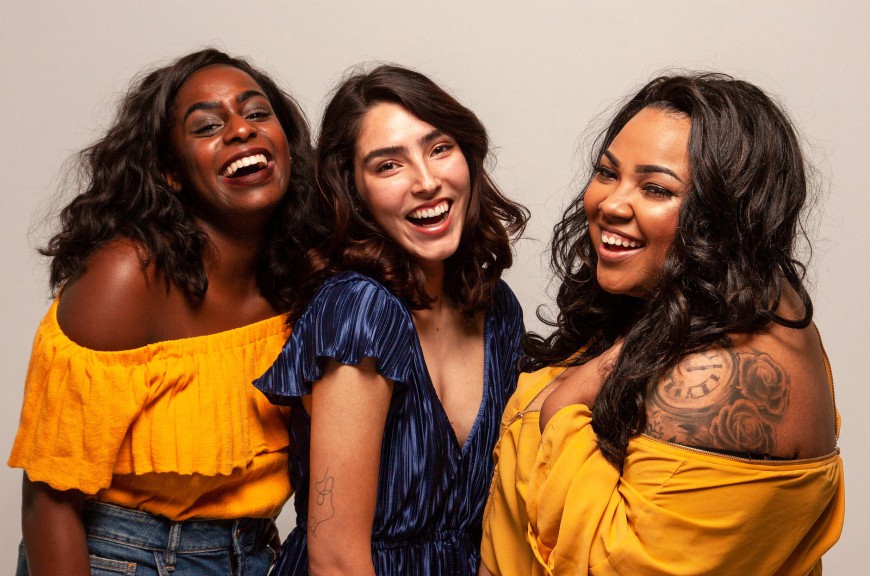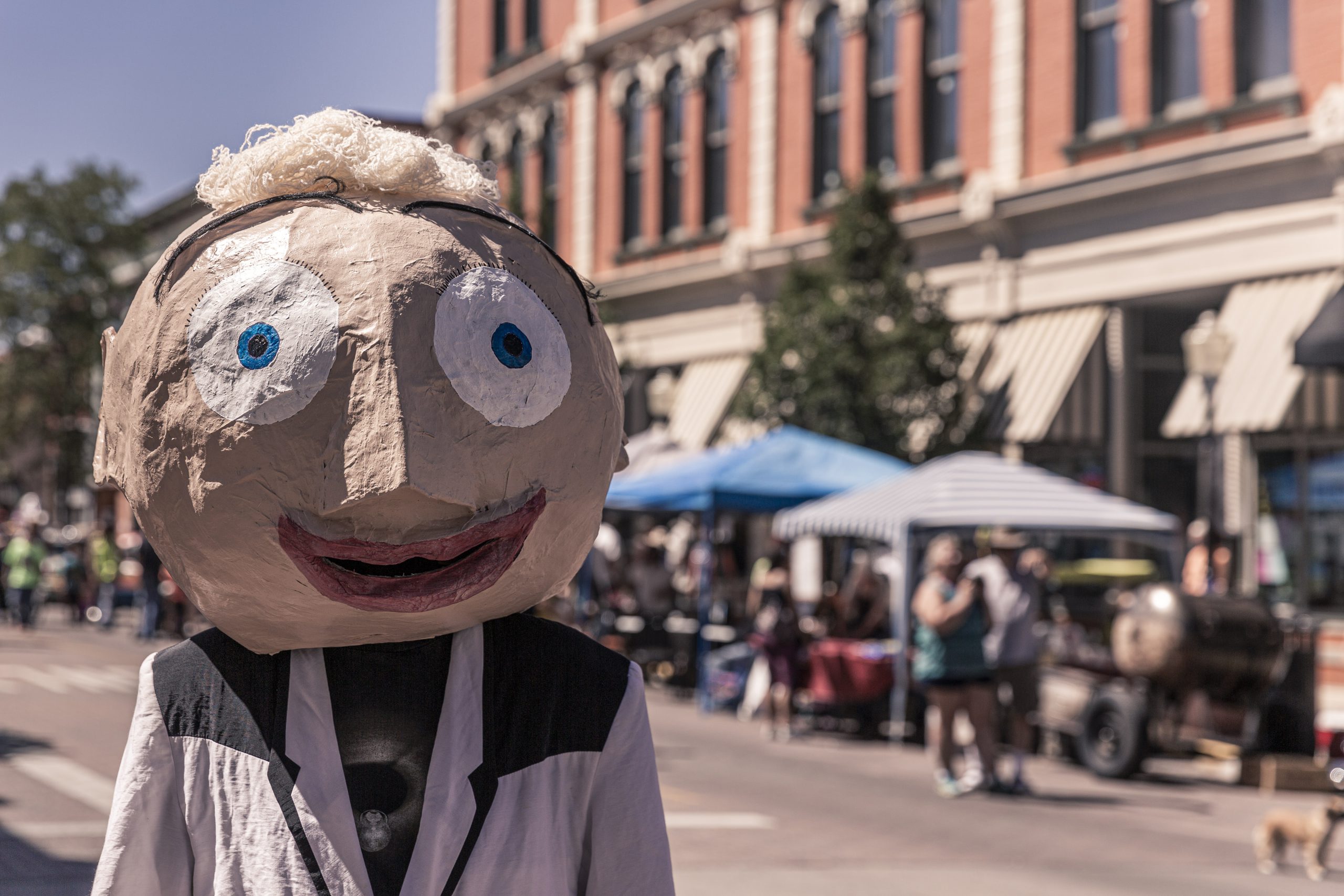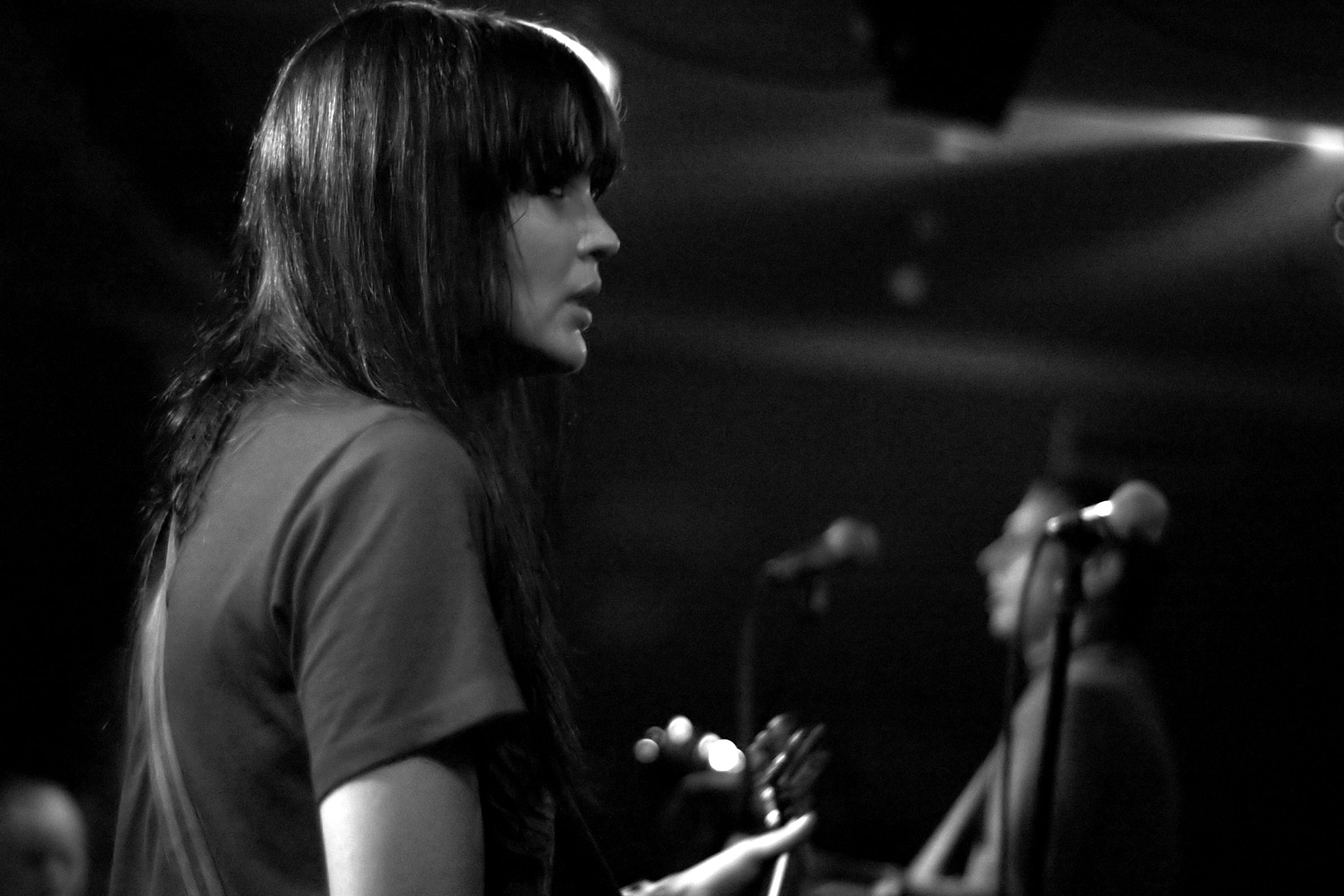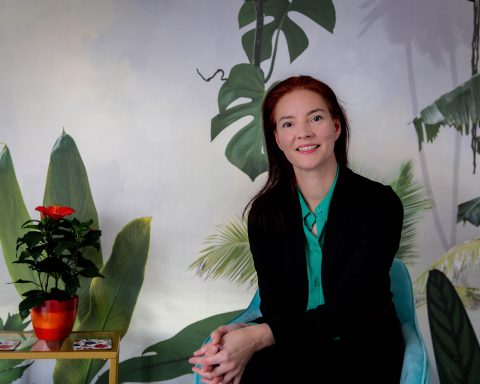Flying back with easyJet from a Manchester city break two weekends ago, I felt angry. For the umpteenth time, I sat down in the airplane seat, panting, and lamented not having more money or at least connections (of the networking, not the layover type). The ever worse, cattle-like experiences with budget airlines such as this one, and economy class in general, are really one of the few times I wish I hadn’t abandoned the corporate ladder so early in my career. But then the moment passes, and I remember that being ordinary isn’t that bad, after all.
Without the kind of beauty that stops traffic, the kind of visible money that attracts evil, and the kind of achievement and projection that turn heads – but with enough money at the moment to live decently – I am as close as possible to being free within this system. In that uncomfortable plane seat, I thought back on my previous days in Manchester. I thought about how I went everywhere I wanted without being bothered. (That is, except for the one creep at a pub who asked if I wanted him to come with me into the bathroom when I asked him where it was. It’s hard being a woman, period.)

Besides enjoying roaming freely in anonymity, I see being ordinary as a form of resistance.
Capitalism thrives on human competition, inequality and greed. Social Darwinism is its motor. Capital – in terms of finance as well as status – thrives on the hole we can never fill ourselves (because we are never good enough, rich enough or happy enough), the hole we then try to fill with what capital can buy. The propaganda machine works incessantly to make us believe we want and need to have, and to be, more. It equates happiness with money and success, the latter measured by external validation – by others’ applause, “likes,” headlines. The more insecure and dissatisfied we are, the more we consume (food, drinks, dates, cars, clothes) to try to make up for it. Happiness in a box is mass produced and mass discarded, making sure the capital mill keeps ever churning.
Over-consumption makes us sick, and we consume remedies upon which we become dependent to live.
The top 1% act as instruments of capital accumulation and spread, and of the construction and destruction of the masses’ way of life. As much as they’re perpetrators, they’re also victims and pegs of the system. It’s often never enough for them, and they eventually crash. They might get caught up in some corruption scheme or drink themselves to death or go bankrupt. Crisis and destruction ensue. Other capital takes over; the cycle restarts.
Perhaps the best way to resist the system, in our own small way, is to resist believing that we need to reach the top of the consumer chain to be happy. Reaching the top of the consumer chain entails becoming extraordinary in terms of capital (fame and fortune). Being extraordinary attracts attention, both wanted and unwanted. We’d be dependent on this attention and at the same time be strictly scrutinized under it. We’d need to maintain a certain level of capital to maintain our way of life, higher up in the ladder, to which we’d probably become addicted but which is unsustainable to most. In this way, people are prisoners of their own success.

Accepting ourselves as ordinary would mean not buying so much into the glossy images of what we could have and be and are not and have not, served up by the propaganda machine. Of course, we can never be completely immune to that. But by not giving away so much of our lives in exchange for validation, we can achieve a certain level of freedom at determining and living our own happiness. I see how this can be a challenge now with social media and the lure of instant fame – another instrument of capital and surveillance many of us can’t do without. It would require intense reeducation.
I grew up believing that I had a special mission in life, and that being ordinary was tragic.
Besides having had famous parents, I come from Brazil, where many people seem obsessed with image and status, more so than in other societies I’ve experienced. I believe it’s partly because of an inferiority complex: We remain the poor cousins of the Americans up in the U.S., despite our huge territory and potential. We consume their processed food with infantile glee. We are hooked on their brands and think that, by wearing them, we will be closer to them and stand out among our frenemies.

In Portuguese, the word “ordinary” (ordinário) has several meanings beyond “common,” “normal” or “unremarkable.” Most of these other meanings are a lot more negative: “mediocre,” “of inferior quality,” “without a high level of morality and/or intellect,” “uncouth,” “of bad character,” “indecent,” “obscene.” I must have internalized that somehow. (In German, its equivalent gewöhnlich has similar meanings.)
When I moved to the U.S. at age 13, I encountered another type of obsession. In my circles, it was not about being the prettiest and most decked out, but about being the best at something, or several things. Whereas at my middle school in São Paulo the people with the highest grades were considered unattractive nerds, that wasn’t the case in South Florida. Some of the people with the highest grades were also the most popular. They also played sports or were the stars in school theater plays. Sometimes they did it all. And they still managed to find the time to juggle different boyfriends or girlfriends, and to go to the coolest parties.
I was never one of those people who did or had it all, was never popular as a teenager (in fact, I was bullied), and often felt inferior because of that.
I strove to stand out while at the same time fitting in. On the bright side, I didn’t become a teenage alcoholic. I didn’t have the pressures of popularity, or the desire to “live fast,” to contend with. I eventually became American on paper, but never quite – I was still treated as a foreigner. Meanwhile, the part of my Brazilian identity that cared about brands, high heels and makeup (yes, as a teenager) was gradually fading.
Towards the end of high school in the U.S., I got the chance to possibly become popular, famous and even rich. Through my parents’ connections, I got an audition with the Brazilian branch of a major record label, and got signed as a singer. I thought that was the happiest day of my life. I eagerly prepared myself to move back to Brazil, as did my very supportive family.
But as the months passed, I realized the freedom that I’d lose – for the first time, I felt like I was starting to make my own decisions in life, acquire my own tastes, build something real romantically with someone. I didn’t want to give that up. So I cancelled the deal, stayed in the U.S., and began taking ordinary little jobs instead (for the most part – at one point I did sing for work).

Eventually, I also forgot all about brand names (I never buy things based on their brands), lost the need to wear makeup most days, and accepted that I’ll (probably) never move the masses. In the process, I’ve learned to embrace and melt into the cities I visit, and to appreciate the little daily joys of learning about the societies I move to. Moving to Europe exactly six years ago represented a parting with most of the objects I owned, as I could only bring two suitcases. Now, all the furniture I own is second-hand, and there are few material things to which I have any attachment.
Do I still long for recognition, and for a business class plane ticket? Absolutely yes.
But I know that in the end it doesn’t really matter, and that as individuals, the great majority of us will eventually be forgotten – especially as memory becomes more and more digitalized. So perhaps I’m ok with remaining “ordinary” and also relatively happy rather than being “extraordinary” and also chronically dissatisfied. After all, either state is, or should be, a matter of self-perception.










